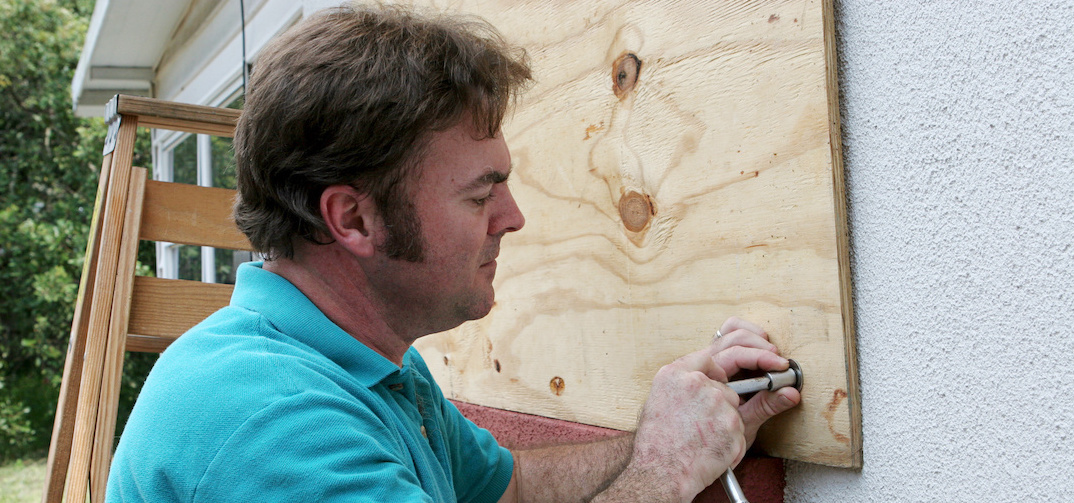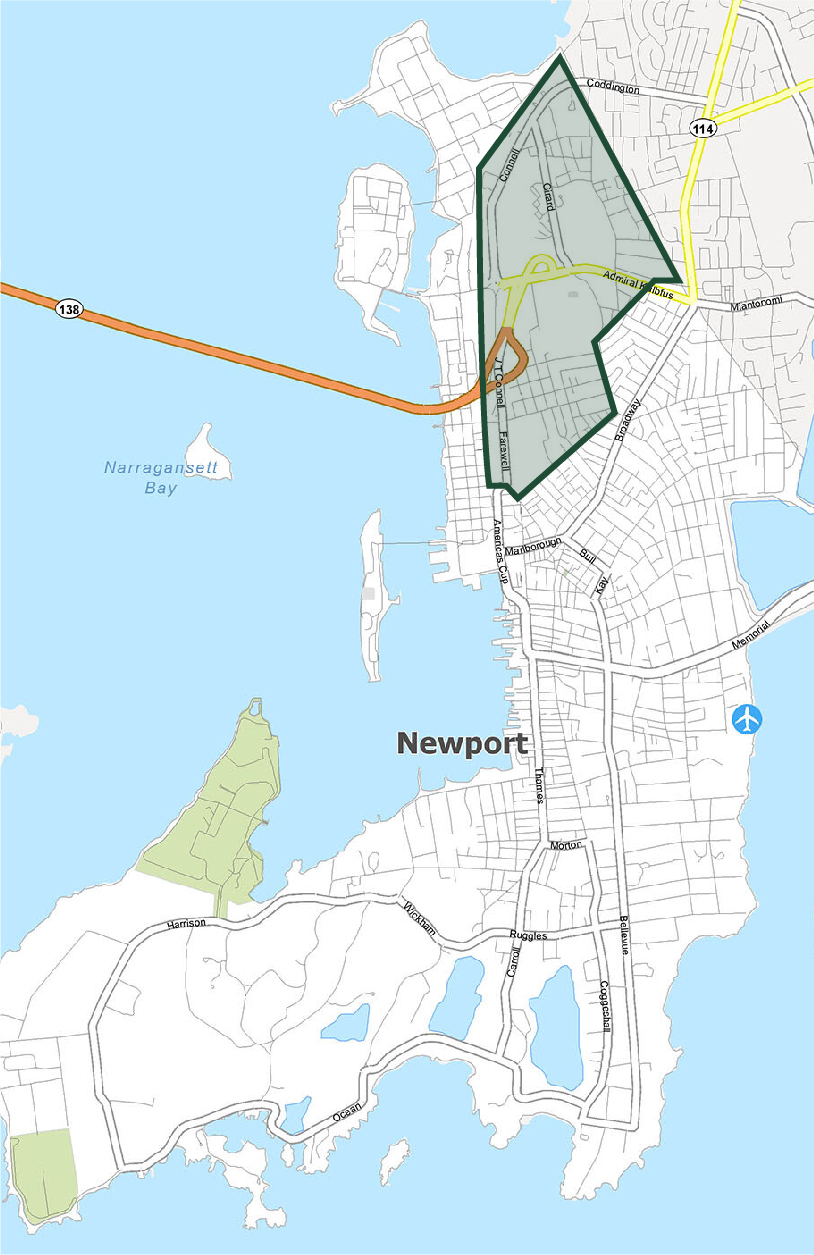Keep you and your home safe in the event of a natural disaster
As a homeowner, there’s a lot to think about when it comes to maintaining your home. While the change in seasons often means focusing on routine repairs or lawn care, is your home prepared for larger disasters? We’ve pulled together some helpful tips and resources for homeowners.

Hurricane preparedness
While August and September are the peak months, hurricane season lasts from June 1 to November 30. We can’t always predict when a tropical storm or hurricane will hit, so it’s important to be prepared.
Here are some simple tips that you can use to protect your home and family.
- Stay notified. Sign up for emergency alert services like codeRED and keep up-to-date on the news for storm warnings.
- Create a disaster kit. A kit often contains supplies such as food, water, medications and even important financial and medical records.
- Get on the RI Special Needs Emergency Registry. If you have loved ones who need special medical care, sign them up for the RI Special Needs Registry.
- Remove hazards. Secure loose items such as lawn furniture, remove hazards like tree branches near your home and reinforce your windows and doors with plywood or sheet metal during a storm.
- Prepare for flooding. Cleaning gutters and drains and having plastic sheeting or sandbags can help prevent flooding.
- Have a plan. Know where you will go in case you are ordered to evacuate! Ensure you take your disaster kit with you. Follow the RI Emergency Management Agency on social media or visit their website for important updates and information.
- Check for hazards. Be aware of spoiled food and stay up-to-date on health notices about safe drinking water.
- Inspect damage. If your home suffers damage in a storm, be aware of any electric, gas, or water hazards that may be present. Call your utility company or electrician in case of hazards.
- Cleaning up. Contact your city/town for information on storm cleanup. If you clean your home, wear protective items such as goggles or gloves.
- Document damage. Be sure to thoroughly document any damage done to your home and contact your insurance company.
For more tips, visit the Rhode Island Emergency Management Agency website and see more disaster preparedness resources from the American Red Cross.
Helpful Resources:
LEARN MORE
Energy Saving Tips for Rhode Island Homeowners
With rising energy costs, it’s more important than ever to be energy efficient. Thankfully, there are simple ways that can help you save on costs.
Common mortgage terms for new Rhode Island homeowners
Here are some common mortgage terms you will see throughout your homeownership journey.



